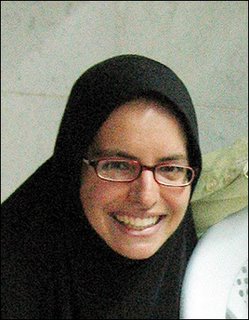
As water to the thirsty
Words: Timothy Dudley-Smith
Tune: Oasis
As water to the thirsty,
As beauty to the eyes,
As strength that follows weakness,
As truth instead of lies,
As songtime and springtime,
And summertime to be,
So is my Lord,
My Living Lord,
So is my Lord to me.
Like calm in place of clamor,
Like peace that follows pain,
Like meeting after parting,
Like sunshine after rain,
Like moonlight and starlight,
And sunlight on the sea,
So is my Lord,
My living Lord,
So is my Lord to me.
As sleep that follows fever,
As gold instead of grey,
As freedom after bondage,
As sunrise to the day,
As home to the traveler,
And all we long to see,
So is my Lord,
My living Lord,
So is my Lord to me!







